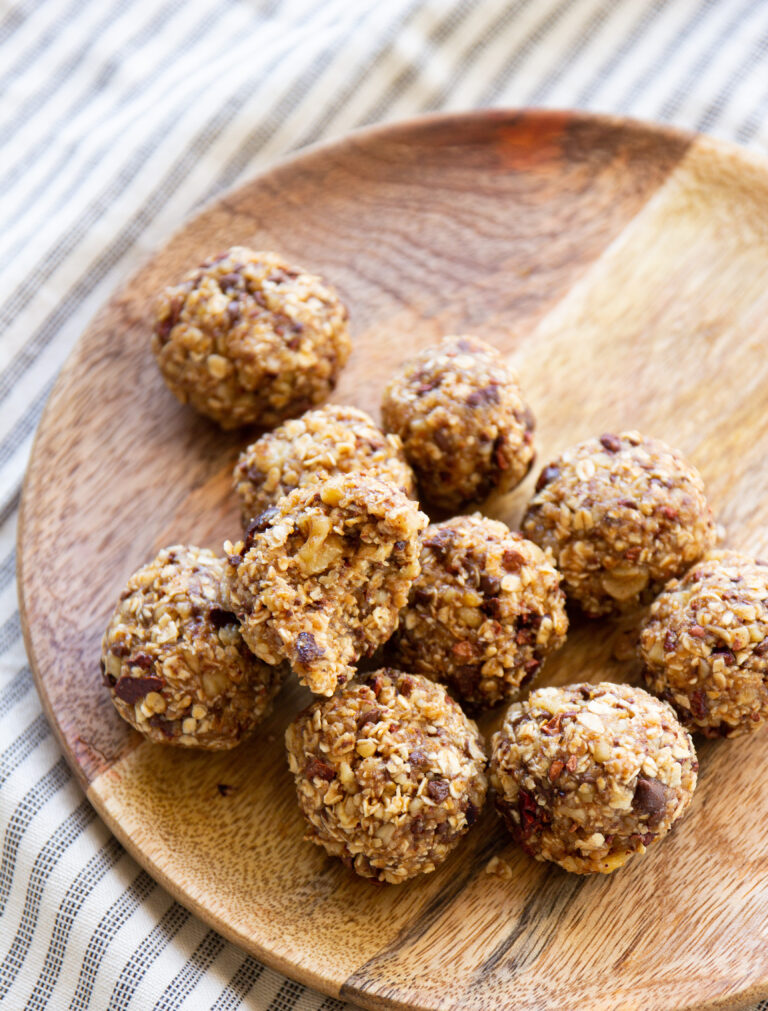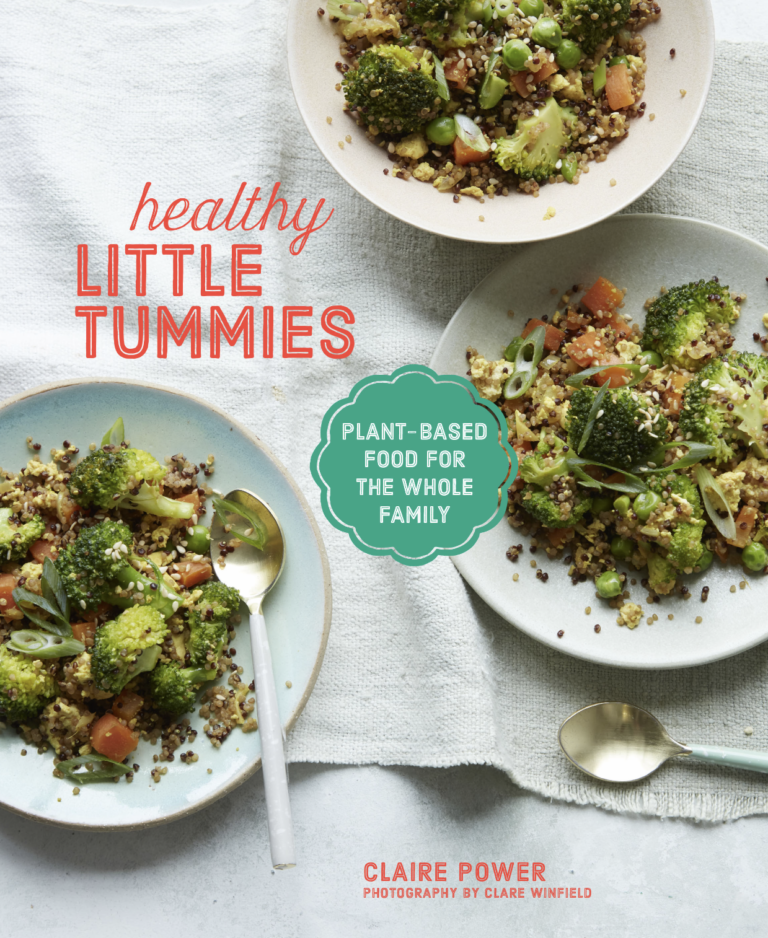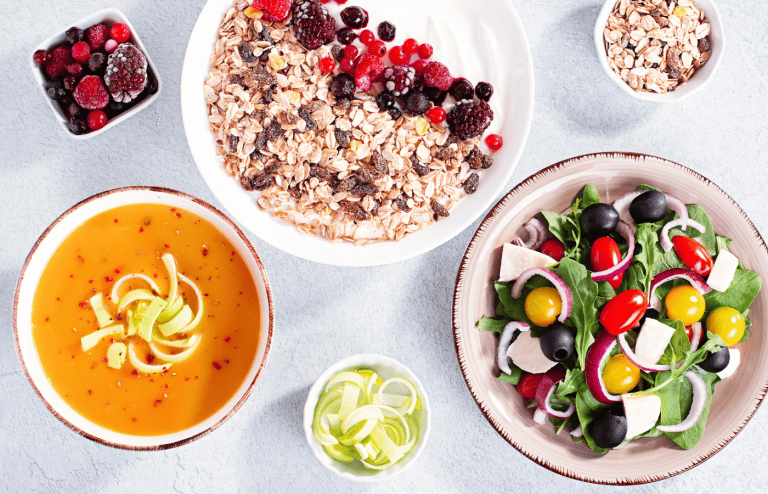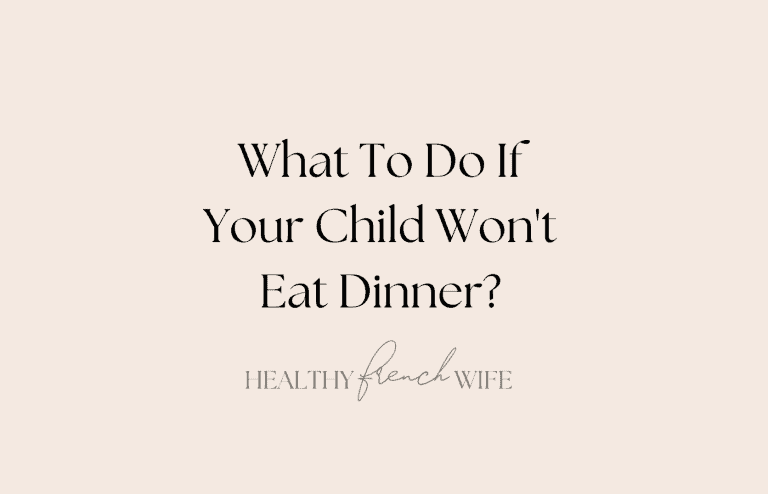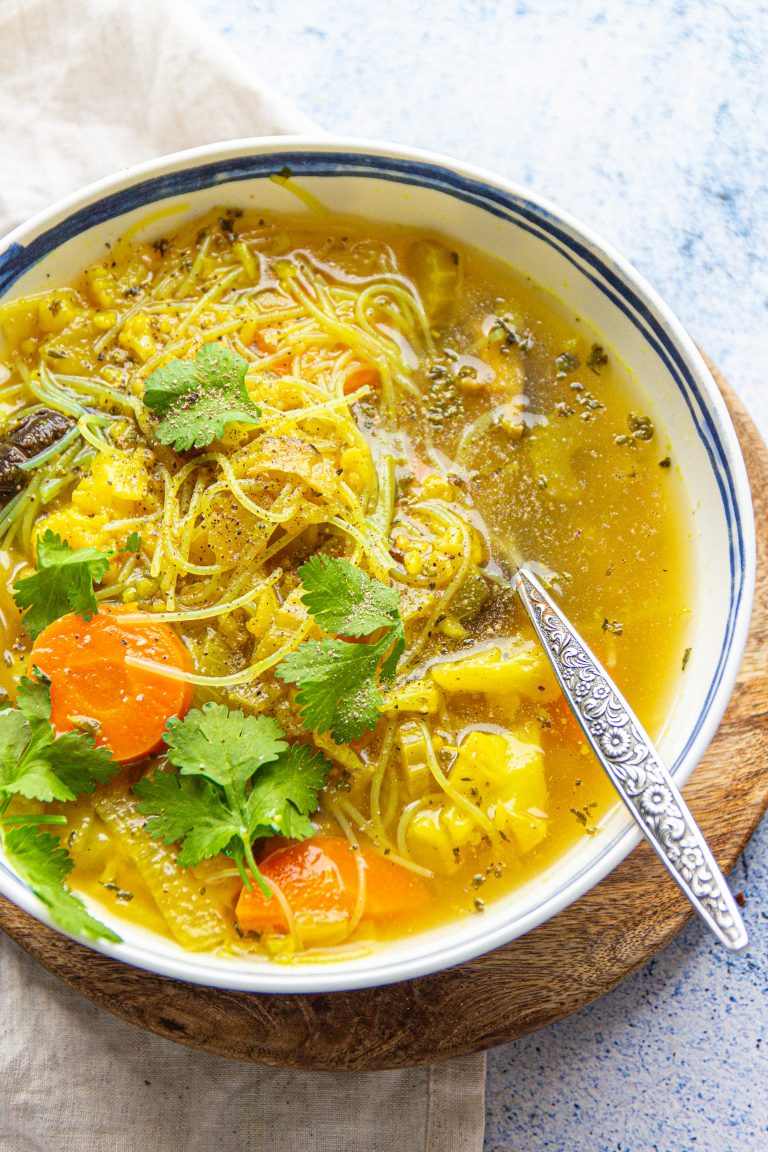How to Add Olive Oil to Diet: A Complete Guide
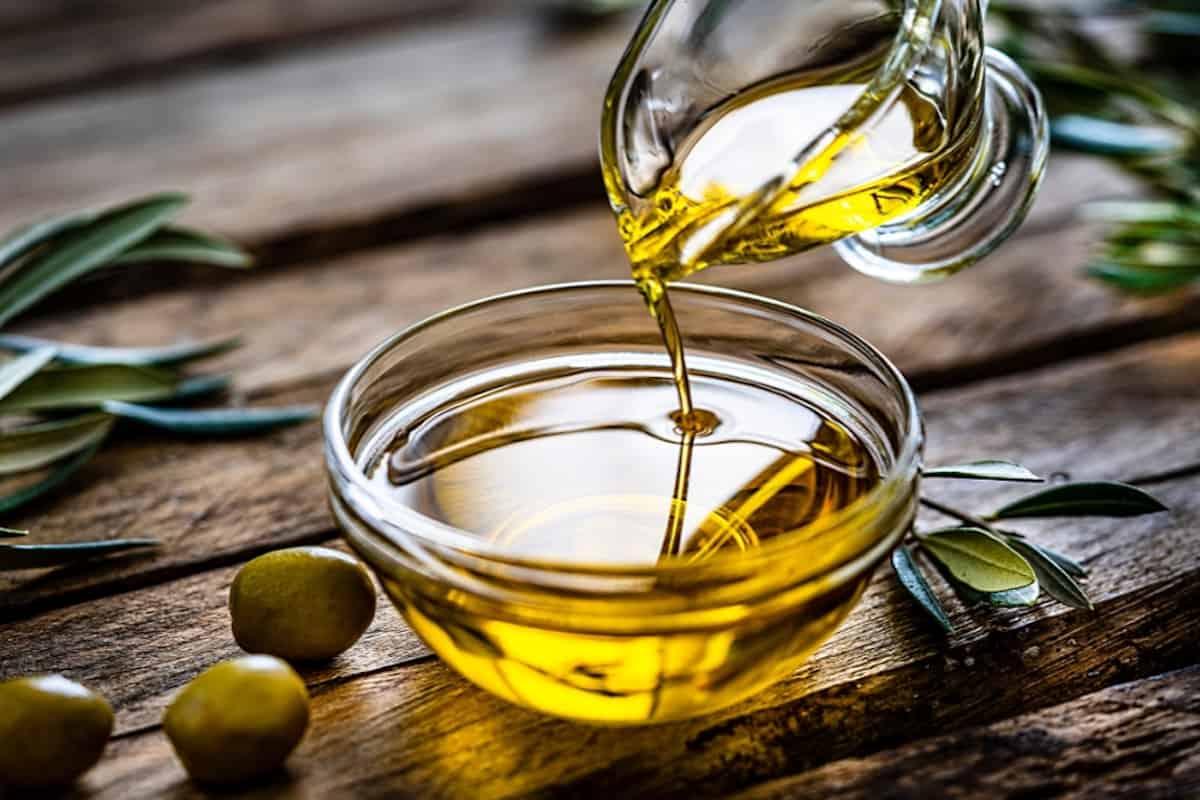
Olive oil is a healthy and tasty complement to any diet. It offers several advantages, including reducing inflammation, improving heart rate, and aiding in weight reduction. This article will review how to include olive oil in your daily routine for maximum benefits.
What Is Olive Oil?
Olive oil is made by pressing olives until their juices are extracted. This process produces an unrefined product that contains all its natural nutrients and antioxidants.
The different types of olive oils vary based on their extraction method; extra-virgin olive oil (EVOO) is considered the highest quality because it undergoes minimal processing before being bottled for sale.
This site uses ads and affiliate content as an Amazon associate earning on qualifying purchases. Disclosure.
Why is Olive Oil so Important to the Body?
Olive oil is often considered one of the healthiest oils available, and for good reason. It is rich in monounsaturated fats, which are considered to be heart-healthy. These fats have been demonstrated to decrease bad cholesterol.
Olive oil includes vitamins E and K for keeping healthy skin and bones. It has also been associated with a lower risk of some cancers, including breast and colon cancer.
Olive oil is versatile, tasty, and has various health advantages. It may be used in cooking, as a salad dressing, or as a skin and hair moisturizer.
Should I add Olive Oil to my Diet?
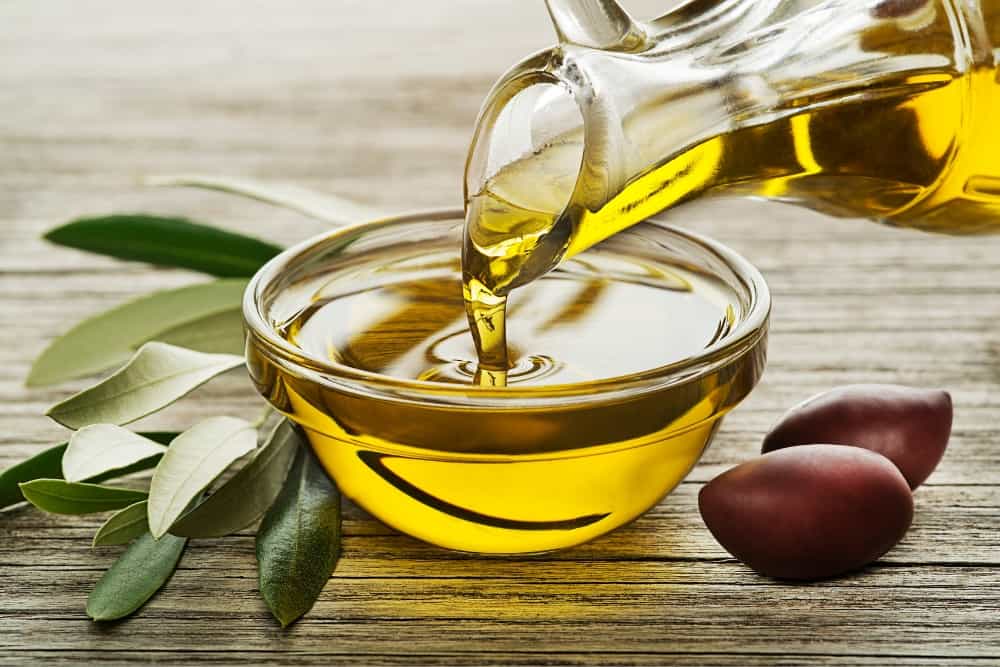
Using olive oil in your cooking is a healthy decision for several reasons. Olive oil is a significant source of monounsaturated fats, considered heart-healthy fats. These fats can help reduce harmful cholesterol levels and lower the side effects of cardiac problems.
Olive oil also contains antioxidants, which protect the body from stress and inflammation. It has also been linked to potential benefits for the brain and reducing the risk of certain types of cancer. However, it’s important to remember that olive oil is still high in calories, so moderation is key.
It’s recommended to use olive oil to replace other unhealthy fats rather than add it to an already high-calorie diet.
How to Use Olive Oil in Diet?
Olive oil is a flexible and healthful item that may be used in various ways in your diet. Here are a few tips on how to add olive oil to diet:
Salad Dressings
Olive oil is a tasty and healthful basis for homemade salad dressings. To make a delicious salad sauce, combine it with vinegar, herbs, and spices.
Cooking
Olive oil is an excellent choice for sautéing, stir-frying, and roasting. Its high smoke point makes it suitable for cooking at high temperatures. Use it to prepare vegetables, meat, or fish for a healthy and flavorful meal.
Dips and Spreads
Olive oil can be a dip or spread for bread, crackers, or vegetables. Mix it with herbs, spices, or other ingredients like balsamic vinegar or garlic for a tasty and nutritious snack.
Marinating
Olive oil is used as a marinade for vegetables. Combine it with your favorite herbs, spices, and citrus juice to infuse flavor into your dishes before cooking.
Finishing Touch
Drizzle olive oil over cooked dishes just before serving to enhance their flavors. A touch of high-quality olive oil can add richness to your meal, whether it’s a pasta dish, grilled meat, or roasted vegetables.
This is how to add olive oil to diet. Remember to prefer extra virgin olive oil for its superior taste and health benefits.
Adding olive oil to your diet can flavor your meals and provide you with the numerous health benefits of this heart-healthy oil.
Benefits of Adding Olive Oil to Your Diet
Adding olive oil to your diet comes with numerous benefits, such as:
Improved Heart Health
Regularly ingesting olive oil has been found to lower harmful cholesterol levels while boosting good cholesterol levels, which helps protect against cardiovascular disease. Furthermore, regular drinking may assist in decreasing blood pressure levels!
Reduced Inflammation
Olive oil can help reduce inflammation throughout the body due to its high content of polyphenols, which act as powerful anti-inflammatory agents when consumed regularly over time.
Weight Loss Assistance
Olive oil and other healthy fats like avocados or nuts can help keep you full longer so you don’t overeat during meals or snacks later in the day.
Which could lead to unwanted weight gain if done consistently over time without proper nutrition management techniques in place.
How Much Olive Oil is Needed for Health Benefits?
Many people wonder how to add olive oil to diet and how much olive oil they should consume to reap these benefits.
While no set amount works for everyone, most experts recommend drinking about two tablespoons of olive oil daily. This amount is considered a healthy dose that can provide the body with the nutrients and antioxidants found in olive oil.
However, it’s important to note that olive oil is high in calories, so it’s best to use it in moderation as part of a balanced diet. Additionally, the quality of the olive oil is essential. Extra virgin olive oil is super quality and contains the most health benefits, so it’s worth investing in a good quality product.
As always, it’s best to consult a healthcare professional or nutritionist for personalized advice on incorporating olive oil into your diet for optimal health benefits.
Can I Drink Olive Oil with Water?
While it is technically possible to drink olive oil with water, it is not a standard or recommended practice. Olive oil is commonly used as a salad dressing, but drinking it straight may be challenging for most people due to its strong flavor and oily texture.
Additionally, excessive amounts of olive oil can lead to digestive issues and may not provide significant health benefits.
Can You Mix Olive Oil with Tea?
As for mixing olive oil with tea, it is generally a rare combination. Tea is typically enjoyed independently or with added ingredients such as milk, sugar, or lemon. Mixing olive oil with tea may create an unpleasant taste and texture combination. It is generally better to use olive oil in cooking or as a dressing rather than as a beverage.
Takeaway
There are plenty of ways to help about how to add olive oil to diet, whether through cooking methods mentioned previously or swapping out less desirable condiments found commonly stocked inside refrigerators today.
Doing so, however, offers multiple potential long-term advantages ranging from improved heart function to reduced inflammation rates, thus making it worth considering regardless of individual dietary preferences.
FAQs About How to Add Olive Oil to Diet
Does olive oil cleanse the liver?
Olive oil has the potential to cleanse the liver. While olive oil does contain certain compounds that can support liver health, such as antioxidants and anti-inflammatory properties, it is essential to note that there is no scientific evidence to support the claim that olive oil cleanses explicitly the liver.
The liver is capable of editing through natural detoxification processes. However, incorporating olive oil into a balanced and healthy diet can contribute to overall liver health.
How many calories are in a spoon of olive oil?
As for the calorie content of olive oil, one tablespoon of olive oil typically contains about 120 calories. It’s important to realize that while olive oil is a good fat, it’s also heavy in calories. As with any food or ingredient, moderation is critical when incorporating olive oil.
Can I drink olive oil at night?
Drinking olive oil at night is not a common practice, but some people believe that using a small amount of olive oil before sleeping can help digestion and promote a feeling of satiety. However, it is essential to note that drinking too much fat before bed may lead to discomfort or indigestion for some individuals. It is always best to listen to your body and adjust your intake accordingly.
Should I drink olive oil in the morning?
Using olive oil in the morning can also have potential benefits. Some claim that ingesting a tablespoon of olive oil on an empty stomach might ease digestion and reduce weight. However, it is crucial to remember that balance is vital, and excessive oil consumption might lead to weight gain.
Is olive oil good for a woman?
When it comes to whether olive oil is suitable for women, the answer is yes. Olive oil can help lower harmful cholesterol levels and reduce the risk of heart disease. Additionally, olive oil contains antioxidants that can benefit overall health and positively affect skin health.
However, it is essential to remember that individual needs and dietary considerations may vary. Consulting with a professional can provide personalized advice on incorporating olive oil into your diet and addressing specific health concerns.

